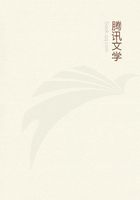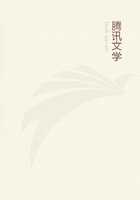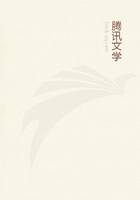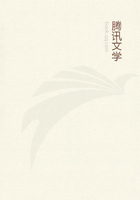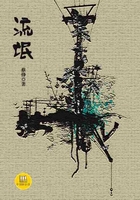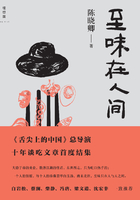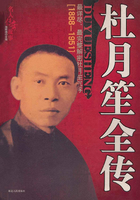ORIGIN OF GOVERNMENT
Government is both a fact and a right.Its origin as a fact, is simply a question of history; its origin as a right or authority to govern, is a question of ethics.Whether a certain territory and its population are a sovereign state or nation, or not--whether the actual ruler of a country is its rightful ruler, or not--is to be determined by the historical facts in the case;but whence the government derives its right to govern, is a question that can be solved only by philosophy, or, philosophy failing, only by revelation.
Political writers, not carefully distinguishing between the fact and the right, have invented various theories as to the origin of government, among which may be named--I.Government originates in the right of the father to govern his child.
II.It originates in convention, and is a social compact.
III.It originates in the people, who, collectively taken, are sovereign.
IV.Government springs from the spontaneous development of nature.
V.It derives its right from the immediate and express appointment of God;--VI.From God through the Pope, or visible head of the spiritual society;--VII.From God through the people;--
VIII.From God through the natural law.
I.The first theory is sound, if the question is confined to the origin of government as a fact.The patriarchal system is the earliest known system of government, and unmistakable traces of it are found in nearly all known governments--in the tribes of Arabia and Northern Africa, the Irish septs and the Scottish clans, the Tartar hordes, the Roman qentes, and the Russian and Hindoo villages.The right of the father was held to be his right to govern his family or household, which, with his children, included his wife and servants.From the family to the tribe the transition is natural and easy, as also from the tribe to the nation.The father is chief of the family; the chief of the eldest family is chief of the tribe; the chief of the eldest tribe becomes chief of the nation, and, as such, king or monarch.
The heads of families collected in a senate form an aristocracy, and the families themselves, represented by their delegates, or publicly assembling for public affairs, constitute a democracy.
These three forms, with their several combinations, to wit, monarchy, aristocracy, democracy, and mixed governments, are all the forms known to Aristotle, and have generally been held to be all that are possible.
Historically, all governments have, in some sense, been developed from the patriarchal, as all society has been developed from the family.Even those governments, like the ancient Roman and the modern feudal, which seem to be founded on landed property, may be traced back to a patriarchal origin.The patriarch is sole proprietor, and the possessions of the family are vested in him, and he governs as proprietor as well as father.In the tribe, the chief is the proprietor, and in the nation, the king is the landlord, and holds the domain.Hence, the feudal baron is invested with his fief by the suzerain, holds it from him, and to him it escheats when forfeited or vacant.All the great Asiatic kings of ancient or modern times hold the domain and govern as proprietors; they have the authority of the father and the owner;
and their subjects, though theoretically their children, are really their slaves.
In Rome, however, the proprietary right undergoes an important transformation.The father retains all the power of the patriarch within his family, the patrician in his gens or house, but, outside of it, is met and controlled by the city or state.
The heads of houses are united in the senate, and collectively constitute and govern the state.Yet, not all the heads of houses have seats in the senate, but only the tenants of the sacred territory of the city, which has been surveyed and marked by the god Terminus.Hence the great plebeian houses, often richer and nobler than the patrician, were excluded from all share in the government and the honors of the state, because they were not tenants of any portion of the sacred territory.There is here the introduction of an element which is not patriarchal, and which transforms the patriarch or chief of a tribe into the city or state, and founds the civil order, or what is now called civilization.The city or state takes the place of the private proprietor, and territorial rights take the place of purely personal rights.
In the theory of the Roman law, the land owns the man, not the man the land.When land was transferred to a new tenant, the practice in early times was to bury him in it, in order to indicate that it took possession of him, received, accepted, or adopted him; and it was only such persons as were taken possession of, accepted or adopted by the sacred territory or domain that, though denizens of Rome, were citizens with full political rights.This, in modern language, means that the state is territorial, not personal, and that the citizen appertains to the state, not the state to the citizen.Under the patriarchal, the tribal, and the Asiatic monarchical systems, there is, properly speaking, no state, no citizens, and the organization is economical rather than political.Authority--even the nation itself--is personal, not territorial.The patriarch, the chief of the tribe, or the king, is the only proprietor.Under the Graeco-Roman system all this is transformed.The nation is territorial as well as personal, and the real proprietor is the city or state.Under the Empire, no doubt, what lawyers call the eminent domain was vested in the emperor, but only as the representative and trustee of the city or state.

